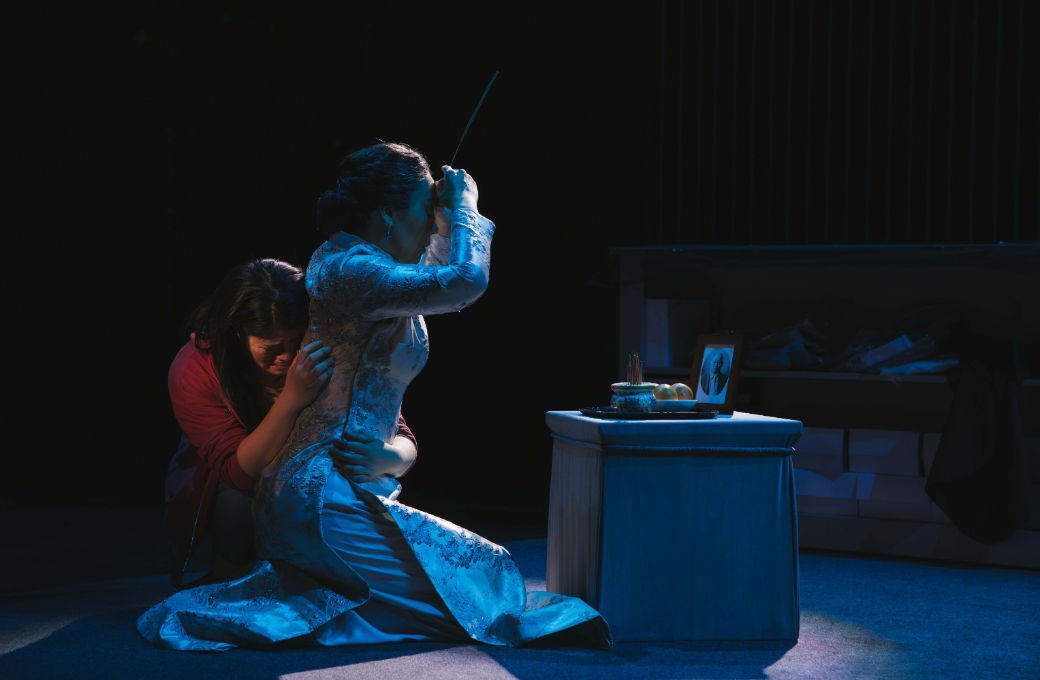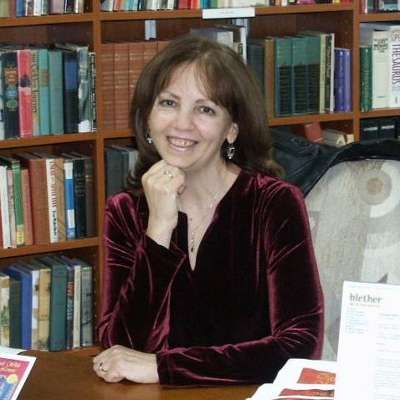Since the Chinese Exclusion Act of the late 1800s, discrimination against Asian-Americans has been omnipresent in the United States but more so of late. Huang Ruo, one of a new generation of Chinese composers, openly discusses the issues involved in this important social matter in his riveting chamber opera, Bound, which had its Seattle Opera premiere at the Tagney Jones Hall. Ruo and his librettist, Vietnamese poet Bao-Long Chu, in their Seattle Opera debuts, combined their impressive talents and expertise to create an important work: thought-provoking, beauteous and dramatically intense to the very last, powerful notes.

Originally created for Houston Grand Opera in 2014, Bound tells of a second generation of Asian immigrants, born and raised in the US, their problematic association with their cultural heritage, and the difficulties and challenges they face, bound to their culture but trying to be wholly accepted as American. Inspired by the true story of a high school student jailed because of her truancy, the work hits home when it comes to choices between individual needs and family duties and responsibilities.
Known for M Butterfly, Angel Island, and An American Soldier, among other works, the composer has established his unique style combining Chinese ancient and folk music, Western avant-garde, experimental, noise, natural and processed sound, rock, and jazz. He conducted his passionate music with authority, sensitivity, and crystal-clear technique. His librettist, an expert on the links between art and the refugee experience, draws inspiration from the power of art as it connects to human stories.
The characters in the opera are bound, each in their own way. Diane Tran, the protagonist, is bound to the rules and obligations involved in being a second generation, young Asian adult, and to the impossible choices she must face between family, work, and school. Khanh, the mother who has abandoned Diane, is bound to her immigrant past and the guilt, grief and memories that haunt her. Judge Moriarty, who sentences Diane to prison for truancy, is bound to an unjust system lacking compassion and understanding.
Masterfully portrayed by Karen Vuong, Diane elicits the viewer’s empathy, often seen clutching her arms tightly around her torso as if trying to hold herself together. Ruo has presented the young soprano with an enormous challenge: she is required to sing continually, forcefully and frequently in a high tessitura, while sustaining immense dramatic intensity. Vuong was up to the task, never letting up vocally or dramatically, effectively maintaining the focus on her plight.
As Khanh, Nina Yoshida Nelson gave a gripping performance. She showed the polish of a practiced professional: her voice full and mature, her body language appropriately powerful, her facial expressions diverse and affecting. It was a complete portrayal in every way.
Daniel Klein made his SO debut playing the dual roles of the Judge and Diane’s boss, Stanley. Crossing over roles in an opera is always a challenge for a singer, and Ruo has written the characters in a way that displays dramatic power rather than beauty. Klein delivered admirably, with a voice that was easily heard and brash when appropriate.
Performing on the traditional Vietnamese one-string đan bầu and16-string đan tranh (zither), Emmy Award-winning composer Vân-Ánh Vanessa Võ was mesmerizing in her SO debut. The opening of the work provided an opportunity for her to show her astonishing skills in an extended cadenza-like solo that was at once tender and exhilarating. Taiwanese pianist Li-Tan Hsu played the complex accompaniment with subtlety and proficiency, creating the impression of a complete chamber orchestra with one instrument.
Making her SO debut, Taiwanese director Desdemona Chiang allowed the characters freedom to express their angst with operatic gestures that were deeply touching but not melodramatic. Deborah Trout’s traditional Chinese costume design for Nelson was luminous and captured the eye. Lghting designer Geoff Korf added radiance to Carey Wong’s set designs, which made the most of the atmosphere of closeness in the small, intimate Tagney Jones Hall.


